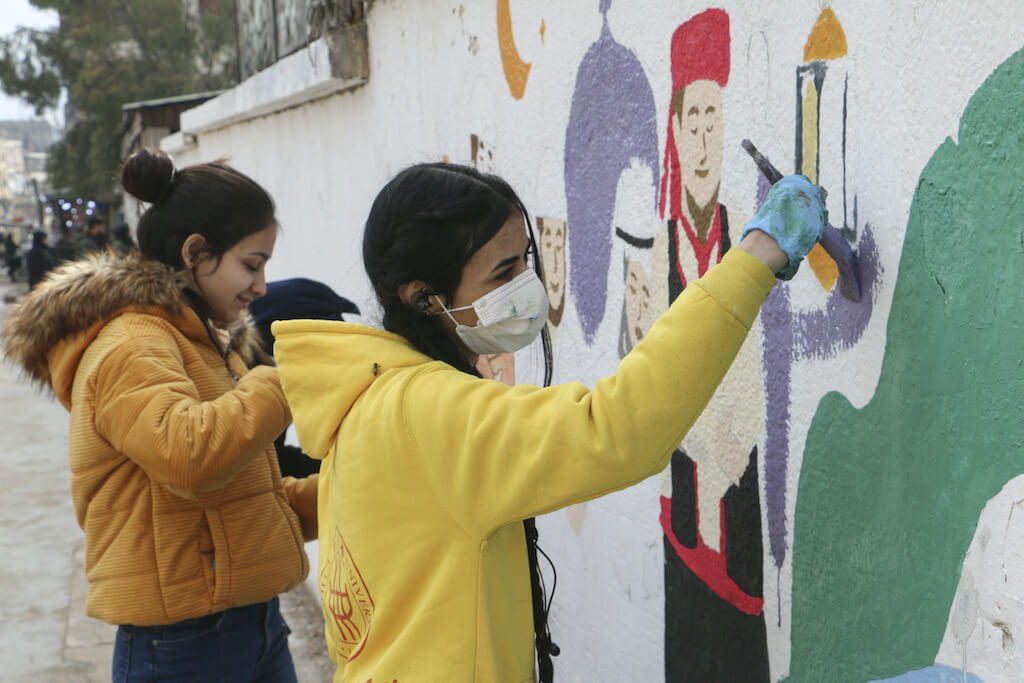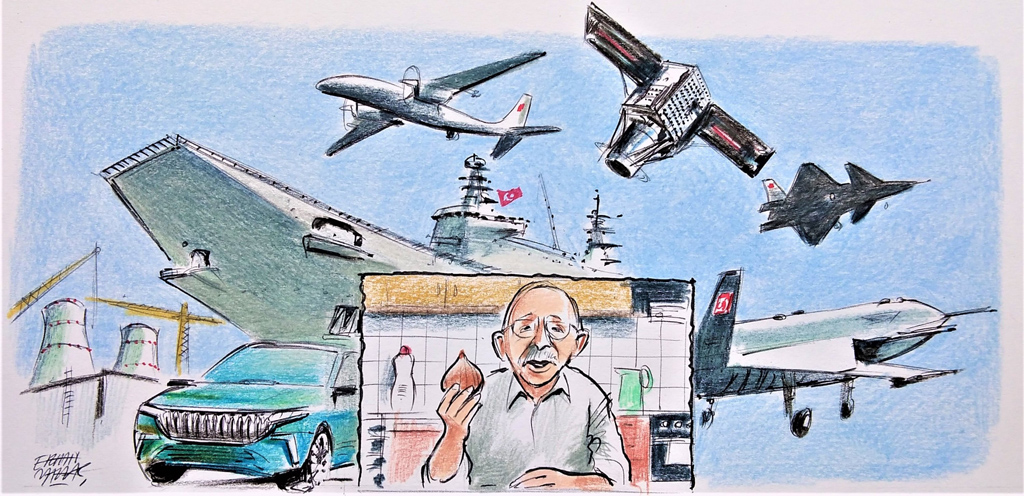The debate over lifting the headscarf ban has turned into a larger debate about freedoms in Turkey. While the vast majority of Turks support the expansion of civil liberties, there seems to be a fundamental disagreement as to how freedoms should be prioritized. The problem with this is that until and unless the question of freedoms is taken as a whole, there will be no guarantee for civil liberties in Turkey.
What I call the hierarchy of freedoms results from an ideologically constructed notion of liberties. For someone who is a Kurd and concerned about the Kurdish issue, the most pressing issue is to introduce new liberties concerning that issue. For the Alevis, Alevi rights are the most important issue related to freedoms. For some intellectuals, Article 301 of the Turkish Penal Code (TCK) must be changed immediately so that freedom of the press can be secured. For some others (and some foreigners), the most pressing issue is the new law on foundations by which non-Muslim religious foundations will be able to expand their property rights in Turkey. For the conservative constituency of the Justice and Development Party (AK Party) and the Nationalist Movement Party (MHP), the lifting of the headscarf ban is the most important freedoms problem. The list goes on.
The result is that everybody has their own priority when it comes to expanding civil liberties in Turkey. While there is nothing wrong with someone working harder for his or her cause, identifying one area of freedom and completely ignoring others is a non-starter. Each and every freedoms problem, from the Kurdish issue to the Alevis to the headscarf, is part of the larger of question of civil liberties in Turkey. Granting freedom to one area will not guarantee freedom in others.
The problem is that the ideological lines in Turkish politics are drawn in such stark terms that it is almost impossible to get a Kurd, an Alevi, a conservative and, say, a non-Muslim Turk to talk about the one single issue that, unbeknownst to them, unites them: freedoms. For purely ideological and somewhat sociological reasons, the Alevi and Kurdish groups have formed a loose alliance. But they have committed the same mistakes as the other groups: taking theirs as the only issue of freedom and ignoring others. The result is obvious -- not a widening of the sphere of liberties, but the tightening of an ideological war between civil society groups and the state.
The debate over the headscarf is as divisive as it is because it is not seen as part of the larger problem of liberties in Turkey. The laicist camp is hopelessly immersed in a dogmatic battle over this. So one cannot expect any light of freedom coming from their side. That is why they are trying to develop a religious argument to show that the headscarf is not part of Islam. From the Kurdish issue to 301 and other European Union reforms, they consider every move for more freedoms as undermining the foundations of the Turkish Republic.
Yet, luckily, there is a core group of intellectuals and political actors who see freedoms as a whole and insist that unless the sphere of civil liberties in Turkey is seriously expanded, individual cases will continue to cause pain and division. This is exactly what the AK Party government has tried to do over the last five years, for which it should be given credit. Instead of addressing their "own" issue, i.e., the headscarf and imam-hatip schools, the middle and high schools that provide religious education, AK Party officials sought to open up some breathing space for such critical and sensitive issues as the Kurdish problem, the Alevis, Article 301 and the law on foundations for non-Turkish foundations in Turkey.
The headscarf is part of this larger picture and would have come up sooner or later. The problem is that as soon as it came up, those who were happy with the relative progress made in other areas of liberties changed their attitude and began to question to the AK Party's political motives, its secret Islamism, etc. Some said they are critic








